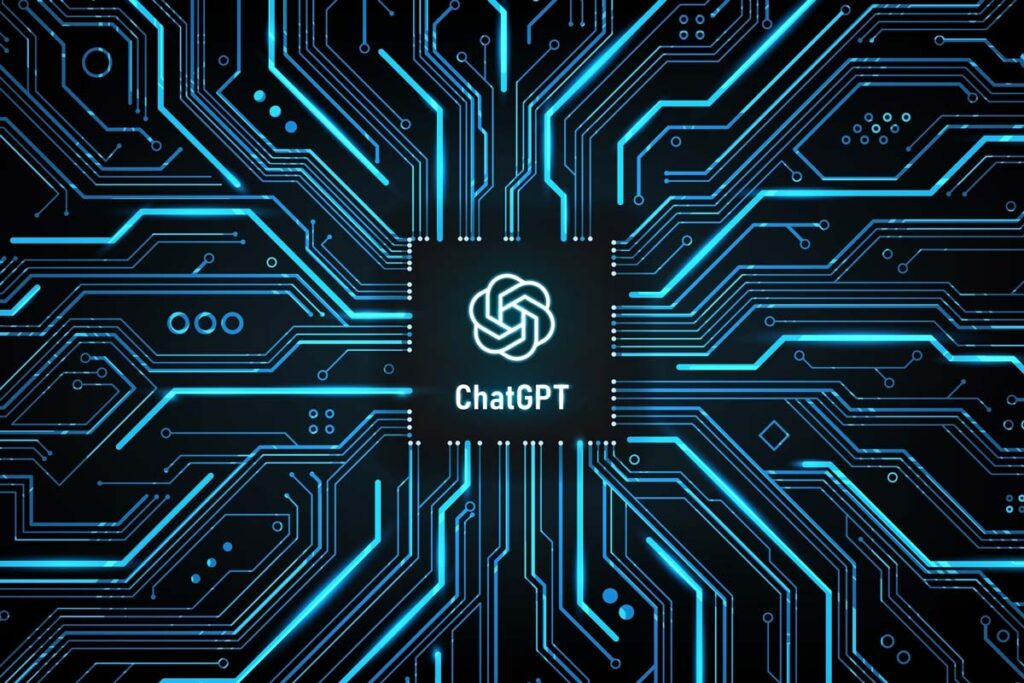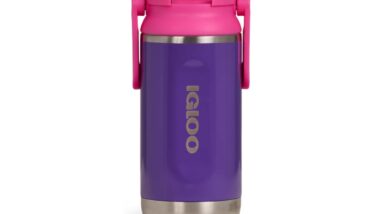
ChatGPT class action overview:
- Who: Michael Chabon, David Henry Hwang, Matthew Klam, Rachel Louise Snyder and Ayelet Waldman are authors who filed a class action lawsuit against ChatGPT operator OpenAI.
- Why: The authors claim their copyrights were infringed by the artificial intelligence company OpenAI as it trained ChatGPT with copyrighted works.
- Where: The ChatGPT class action was filed in federal court in California.
Authors Michael Chabon, David Henry Hwang, Matthew Klam, Rachel Louise Snyder and Ayelet Waldman filed a class action lawsuit against ChatGPT operator OpenAI over the use of their copyrighted works in language learning training for the artificial intelligence product.
The use of those copyrighted works in language learning is obvious when the product is asked about those works.
“OpenAI incorporated plaintiffs’ and class members’ copyrighted works in datasets used to train its GPT models powering its ChatGPT product,” the ChatGPT copyright class action says. “Indeed, when ChatGPT is prompted, it generates not only summaries, but in-depth analyses of the themes present in Plaintiffs’ copyrighted works, which is only possible if the underlying GPT model was trained using plaintiffs’ works.”
The ChatGPT copyright claims state that the authors and class did not consent to their work being used for the artificial intelligence product and thus their rights were violated.
AI product cannot use copyrighted works for language learning and then sell service, ChatGPT class action claims
Chabon is a Pulitzer Prize-winning author in fiction along with numerous other awards, while Hwang is a playwright and screenwriter who has won a Tony Award and has three Grammy nominations.
All of the writers rely on their copyrighted work to make a living and have the rights to not have anyone “reproduce, distribute, display, or license the reproduction, distribution, and/or display” of their copyrighted works, the class action argues.
OpenAI charges a subscription fee for ChatGPT, a service that the ChatGPT class action claims has taken freely from a wide array of copyrighted content.
A law firm also is suing the creator of ChatGPT, alleging the company violated copyright and privacy laws by scraping the internet to teach the bot.
Have you used ChatGPT to gather information? Let us know in the comments.
The plaintiffs are represented by Daniel J. Muller of Ventura Hersey and Muller LLP.
The ChatGPT class action lawsuit is Chabon, et al. v. OpenAI Inc., et al., Case No. 3:23-cv-04625-PHK, in the U.S. District Court for the Northern District of California, San Francisco Division.
Don’t Miss Out!
Check out our list of Class Action Lawsuits and Class Action Settlements you may qualify to join!
Read About More Class Action Lawsuits & Class Action Settlements:















One thought on Authors file copyright infringement class action against ChatGPT operator OpenAI
Add me. I am the author of the book titled: BEHIND THE SCENES OF THE LIMOUSINE INDUSTRY